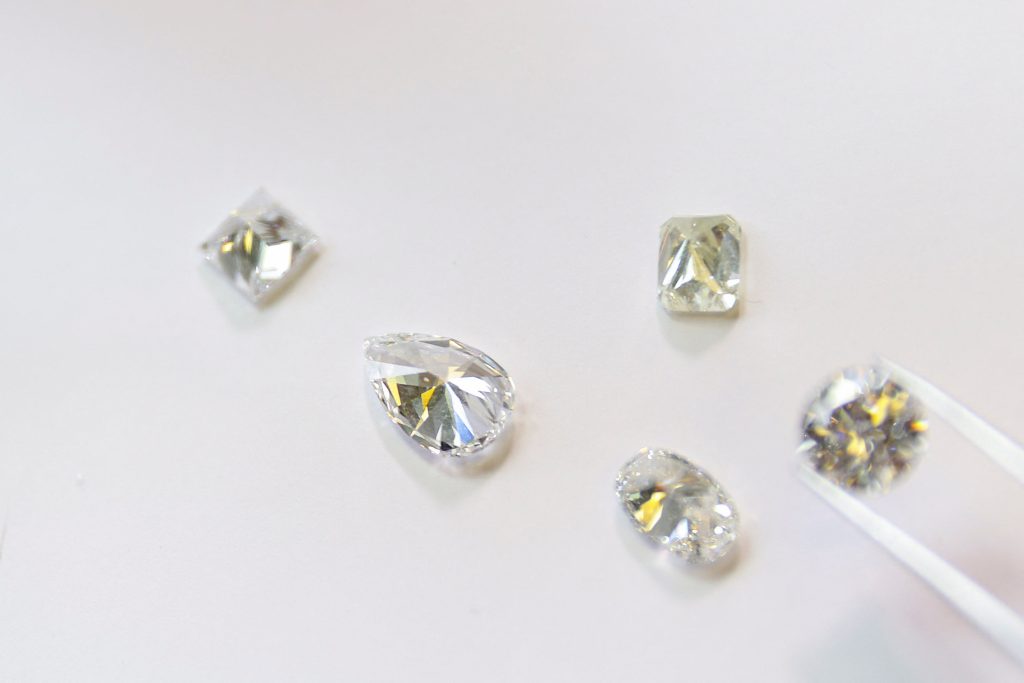The European Union has unanimously agreed to implement a fresh set of sanctions against Russia, marking the 12th round since February 2022. Notably, these sanctions include a long-anticipated ban on diamonds, a significant revenue source for the Kremlin that has remained untouched until now.
Starting January 1, 2024, the 27 member states of the EU will be prohibited from purchasing natural and synthetic diamonds, as well as diamond jewelry directly from Russia, unless intended for industrial use. The ban will gradually expand, encompassing Russian-origin diamonds and jewelry cut and polished in other countries from March 1. By September 1, it will extend to lab-grown diamonds and watches containing diamonds.
Belgium, a primary entry point for Russian diamonds, will implement a blockchain-based traceability system to verify the origin of imported diamonds. This move aims to address the challenges posed by the secretive nature of the diamond industry, where diamonds often pass through multiple hands, making it difficult to trace their exact origin.
In addition to the diamond ban, the sanctions target loopholes in the price cap on Russian oil set by the G7 at $60 per barrel. While the cap remains unchanged, new measures have been introduced to ensure compliance, including a notification requirement for the sale of EU-made tankers destined for Russia. This requirement will be retroactive to track down tankers sold over the past year.
The sanctions also expand the list of entities linked to Russia’s military complex by adding 29 companies, including those registered in Uzbekistan and Singapore suspected of aiding the Kremlin in acquiring blacklisted high-tech items. Notably, no Chinese companies were targeted in this round of sanctions.
To address the persistent problem of circumvention, European producers of sensitive goods, such as aviation, jet fuels, and firearms, will be required to include a contractual clause prohibiting re-export to Russia, preventing these items from reaching the battlefield.
The announcement of these sanctions comes after Austria lifted its reservations, allowing for a resolution. Austria had initially blocked the deal over the inclusion of Raiffeisen Bank International (RBI) on Ukraine’s list of “international sponsors of war.” The designation was suspended, paving the way for the agreement.
This development is crucial for Ukraine, which is urgently seeking increased military and financial assistance from Western allies to resist advancing Russian troops. Despite recent tensions at the EU summit where Hungary vetoed a €50-billion special fund for Ukraine, the country did not veto the latest round of sanctions.
The phased-in ban on diamonds has been a longstanding demand from Kyiv, as Russia is the world’s largest producer of rough diamonds. The delayed action is attributed to the complex nature of the diamond industry, and efforts are being made to establish an international traceability system to track diamonds across the entire supply chain.
These comprehensive sanctions aim to restrict various imports from Russia, including diamonds, pig iron, copper wires, aluminum wires, foil, tubes, and pipes. Additionally, there will be a ban on Russian-made liquefied petroleum gas (LPG) over a 12-month transition period, and export bans will cover products such as thermostats, machine tools, lasers, batteries, and certain software provided by European companies to Russian firms.
